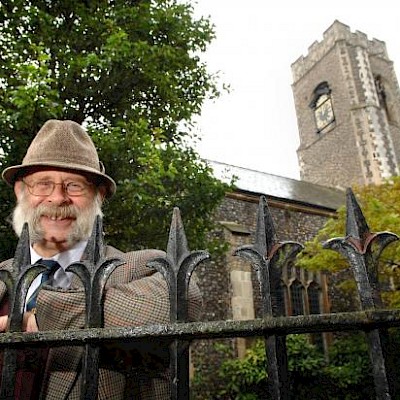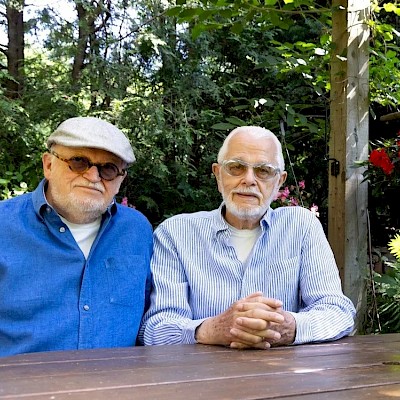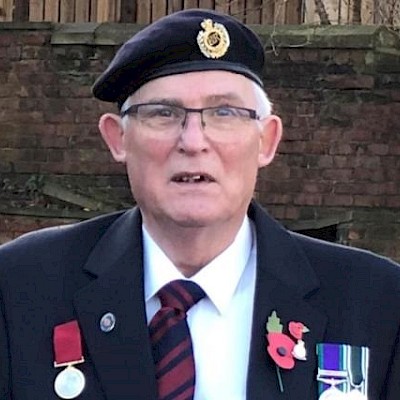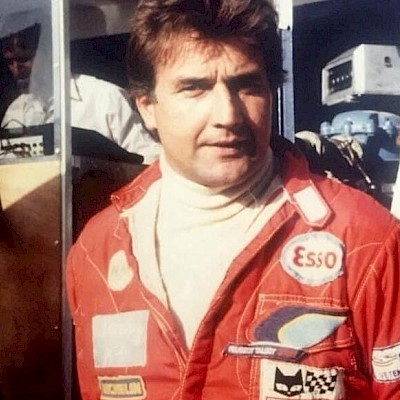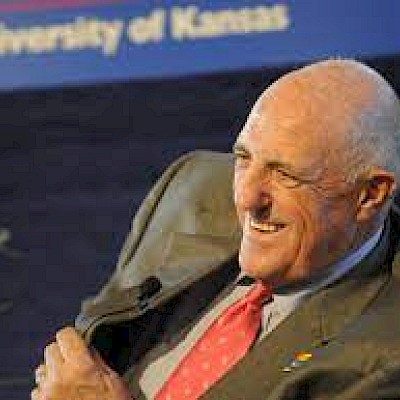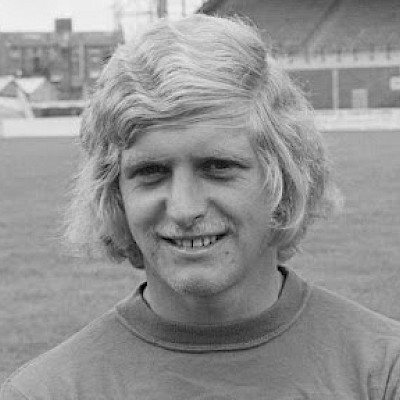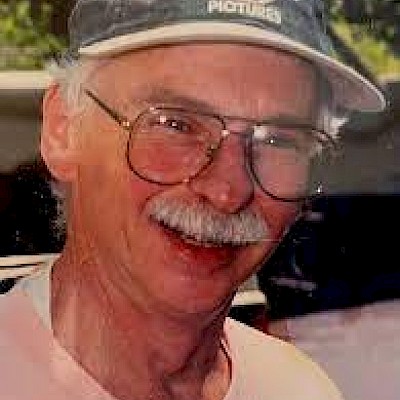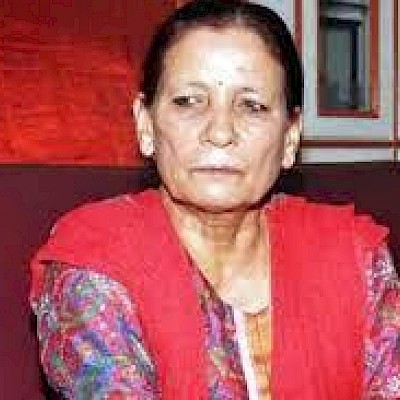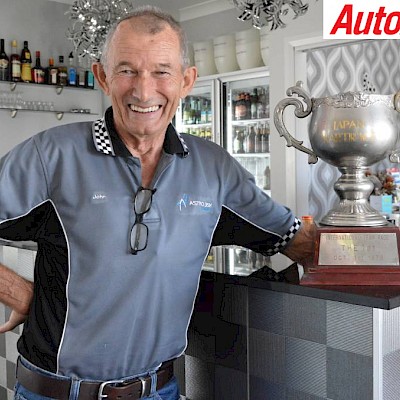
JOHN PIZARRO
Australian karting legend John Pizarro OAM passed away earlier today after an extended battle with illness. He was 78.
Pizarro, a 15-time Australian kart champion and a leading Australian on the international scene back in the late 1970s/early 1980s, was awarded the Medal of the Order of Australia in 2019, following his induction into the Australian Motor Sport Hall of Fame a couple of years earlier for his services to the sport.
Less well-known by many kart and motorsport fans was JP’s 20-plus-year battle with Parkinson’s disease.
He was one of the first in Australia to undergo the then-revolutionary Deep Brain Stimulation surgery, involving electrode implants in the brain, to successfully relieve much of the symptoms of the incurable disease.
Via the Rotary Club in his hometown of Parkes, NSW, John worked to raise funds for research into the disease – while at the same time continuing, until quite recently, racing in Historic kart events here and in NZ, where he was a regular visitor.
An Asia-Pacific champion, Pizarro represented Australia in world kart championships five times, all with the iconic Italian DAP kart/engine manufacturers, which saw him competing alongside other DAP stars of the time such as Terry Fullerton and a teenage Ayrton Senna, before the young Brazilian burst onto the car racing scene.
After his international exploits, Pizarro moved into the manufacture of karts, his ‘Sprinter’ brand very much in demand, built and sold from premises in Parkes, and was a track advisor and inspector for Karting Australia.
Among those to have known the Aussie karting legend well, Craig Baird – former multiple kart and Carrera Cup champion, these days Drivers Standards Officer for Supercars – said:
“I was a young kart racer, in Auckland, when JP came over to race and I was struck not just by his ruthless competitiveness,” he said.
“But also that he was just a genuinely good guy – he’d jump in and help anybody. Later on, we became, and stayed, very good mates. It’s a sad day.”
Chris Lambden, also a long-time friend and former karting rival of Pizarro’s, added:
“While his karting career and input are well-documented and his success well-deserved, his handling of and fight with Parkinson’s, and his fund-raising for research, is what separates him from the rest of us,” Lambed said.
“It’s gone on for over 20 years … I’ve never ever met a tougher, more determined so-an-so – and that’s outside of racing … Helluva guy.”
Pizarro is survived by his wife Marilyn and four daughters – Kristine, Lisa, Annette, and Narelle.
•
Remembering JOHN PIZARRO
Use the form below to make your memorial contribution. PRO will send a handwritten card to the family with your tribute or message included. The information you provide enables us to apply your remembrance gift exactly as you wish.

